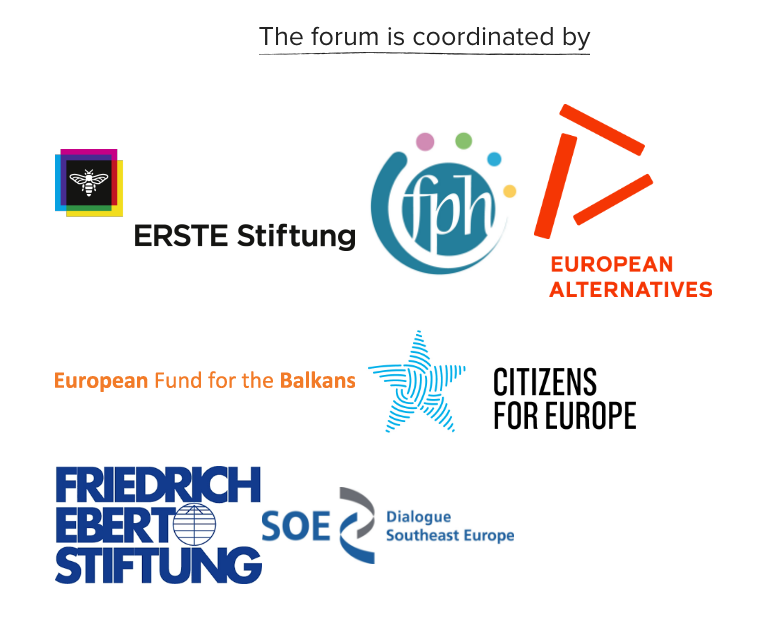Civil Society Forum Paris – Key Policy Proposals from Civil Society Actors
Civil society actors took a stand at the Civil Society Forum in Paris on 3-4 July 2016. At a moment of existential crisis for Europe, we believe that civil society need to be at the core of a renewed effort and vision to face common challenges.
The Civil Society Forum in Paris was the latest conference in a series that started from a governmental initiative as the so called “Berlin Process“. Civil society actors took on this initiative by heads of states to connect their own proposals and make their voices heard.
Here are the key policy proposals, that were handed over to the heads of state at their meeting in Paris on 4 July 2016:
1. Green growth
- We would like to congratulate the governments for signing up to the COP21 engagements and to the EU Roadmap 2020. Addressing climate change and environment issues provides powerful leverage for sustainable development and democracy in the Western Balkans region.
- We would like to encourage the governments to support the implementation of the Western Balkans sustainability charter.
- In order to respect the COP21 and sustainability engagements, governments should not start new coal projects, should cancel the 5 billion pipeline, and redirect funds to support the sustainability agenda and through it the creation of new jobs for young people
2. Youth cooperation
- The Slovenian and Croatian governments should sign the agreement to join RYCO, and it should be extended to all Balkan countries in the near future
- RYCO should not only work on the transnational level abut also between regions inside countries in the Balkans
- RYCO should include specific programs dealing with the past issues of WB countries · Regular evaluation of RYCO should be done by civil society actors.
- Erasmus+ should be extended fully to the region and RYCO should not affect existing youth funding in the region
3. Bilateral disputes
- Civil society acknowledges some progress has been made since the Vienna summit in resolving bilateral Disputes and the implementing the toolbox
- In resolving bilateral disputes there is an important role of civil society to offer expertise, an enabling environment for reconciliation among societies of the Western Balkans
- The Western Balkans format should include other member states to solve bilateral issues (including Bulgaria, Romania and Greece, for example).
- At the EU level a special coordinator should be appointed to resolve bilateral disputes sitting with the high representative for external affairs
4. Migration
- All countries have an obligation to respect international and human rights law including the Geneva convention which guarantees asylum as an individual right
- The EU and Western Balkan countries should facilitate safe mobility, and safe, regular and legal channels for migration to Europe instead of building fences or closing borders.
5. Democratic governance
- The lack of commitment of EU leaders to enlargement is reducing the EU’s leverage in the region. EU leaders need to express themselves clearly in favour of the enlargement.
- Democratic regression in the EU and lack of protection of democracy inside the European Union might engager the EU’s role in promoting democracy in its neighbourhood
- Democratic resilience is increasingly guaranteed by grassroots and social movements in the Western Balkans region and the EU should look for new alliances to support those emancipatory alliances standing at the frontier of protecting democracy.
Other Civil Society Fora were held in Vienna in August 2015, and in Novi Sad and Belgrade in May 2016.
This conference series brings together activists and representatives of civil society from the European Union and the Western Balkans to formulate recommendations for the future of the European project, and integration of the Western Balkans countries.

The Forum is coordinated by European Alternatives, ERSTE Foundation, the European Fund for the Balkans, the Friedrich Ebert Stiftung, the Charles Leopold Mayer Foundation and Citizens for Europe.
